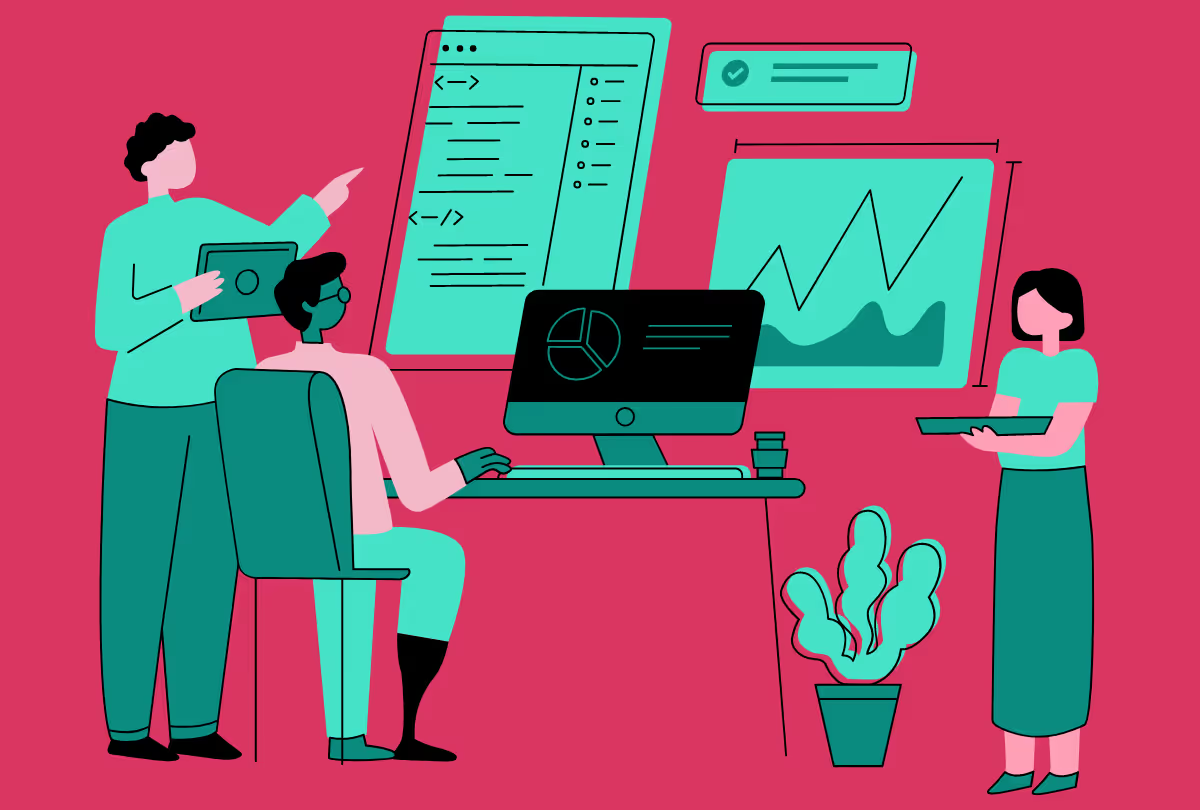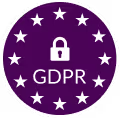Coaching Employees
When you need in-depth workplace skills training, employee coaching is your best bet. Coaches start their engagement without pre-formulated opinions about your organization. They only care about empowering the client to be the best at what they do. HR can support the process by taking one important step: making sure that employees are getting the skills they actually need, for themselves and the company.
What Is Employee Coaching?
There is some confusion in the L&D industry about the definition of coaching. Many confuse the ideas of mentoring, coaching, and training, but they are in fact separate.
- Coaching is a long-term engagement where an external expert works closely with a single employee or a group of workers to build their skills and abilities. Coaches using the “clean” method have no experience in the client’s industry. This allows them to approach the task at hand without any bias related to how the company is run.
- Mentors are also long-term advisors, but they have specific knowledge of the client’s industry, if not their actual company. In this respect, external mentors are industry-specific, whereas internal mentors work at the same company as the client, often in a leadership role.
- Trainers provide short-term instruction in a dedicated area that is often technical and characterized by an objective standard, like a test grade. In comparison, mentors and coaches often teach soft skills that are graded subjectively.
Why Is Employee Coaching Effective?
Coaching is useful for building complex skills and changing ingrained behaviors. To accomplish this, a coach works closely with a client and it often takes about a year for an engagement to be complete. Such a personal approach is advantageous for many reasons:
- The coach is a professional who establishes an intimate connection with the client, which allows them to see and analyze their behavior in a workplace setting
- Coaches tend to guide clients instead of telling them what to do. In essence, this encourages a client to find their own way so that it’s actually the client deciding on how they want to develop
- The long-term association provides many opportunities for feedback and a chance to try different approaches in various situations
Isn’t Coaching Just for Managers?
At one time, the majority of coaching engagements were for the executive level. If there was any cash left over in the L&D budget, then managers were also included. This is because a single coaching engagement can take over a year, and the related expense was seen as worthwhile just for senior people on whom the company depended. In addition, it’s easier to track the progress of one person, and so calculate ROI, as opposed to dozens of workers.
But this is no longer the case. Many reasons have led companies to supply coaching to a greater number of employees at different organizational levels.
- Development is a crucial factor in engagement and retention, and coaching leads to improvements in both categories.
- There is an increasing need for soft skills, even for employees with technically-oriented jobs.
- Companies that have adopted the growth mindset encourage all employees to reach for the best possible levels of skill.
- Through modern talent development platforms, it is now possible to assess the effectiveness of L&D programs, even when they involve hundreds of employees and coaches.
Types of Employee Coaching
As mentioned, coaches specialize in soft skills and abilities. Professional abilities are collections of skills that result in a general aptitude. For example, somebody who is self-confident might have a mixture of skills such as communication, creative thinking, problem-solving, and expertise in their particular field.
Coaching can also occur in different settings:
One to one: Just like it sounds, this is where a single employee meets with a dedicated coach. This is traditionally allocated to leader-type positions because the related skills are vital for the company and more challenging to build. However, there is a trend towards more general one to one coaching programs. For example, 34% of ICF engagements were for non-management level employees.
Workshops: When employees have the same development goal, a workshop setting can be used. This option is valuable for saving resources and also provides opportunities for immediate feedback.
Groups: Coaching for groups is a good route to take when the skills are needed in a cooperative situation. For building organic and cross-functional teams, group coaching is a natural option.
Some Advice for HR
Coaches are often hired to develop a specific type of skill. It is up to HR, the employee, and management to determine what that skill is. Through a career management program, these stakeholders go through the steps of discovering skill gaps and employee preferences. But it’s also up to HR to ensure:
- A grading process to assess the employee, the coach, and the program
- A vetting procedure to identify top coaches in particular fields
- A structure for the entire experience, including location, scheduling, and feedback
Supporting Coaches with GrowthSpace
Coaching, mentoring, technical experts – GrowthSpace accommodates all of their programs in a way that is efficient, effective, and convenient. With GrowthSpace, the search for top coaches is automated and uses a global network of ICF-certified veterans. GrowthSpace also provides recommendations for optimal employee learning experiences. Finally, all program administration is handled through the same platform, whether you are dealing with a few employees and coaches, or hundreds of them.







